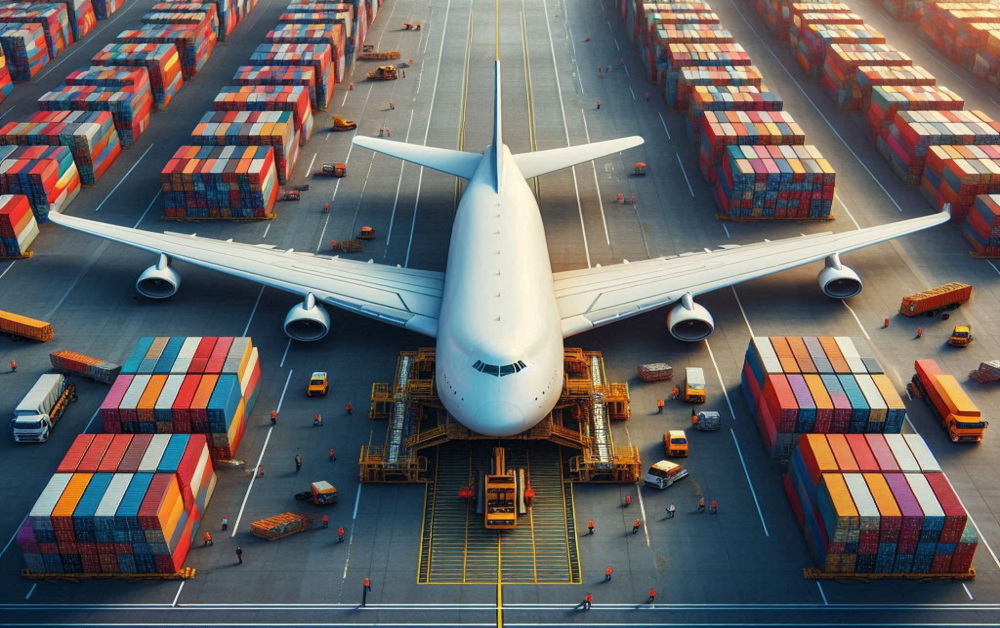Blog Details

Advantage of Air Cargo Transportation
Air cargo shipping has become an essential part of global trade, enabling the rapid movement of goods across international borders. Unlike other modes of transportation, air cargo offers unparalleled speed and reliability, ensuring that goods can reach their destinations within a matter of hours. This efficiency is crucial for industries that rely on timely deliveries, such as pharmaceuticals, electronics, and perishables. With the globalization of markets, air cargo shipping has facilitated the expansion of businesses, allowing them to tap into new markets and meet the demands of consumers worldwide.
One of the key advantages of air cargo shipping is its ability to connect remote and landlocked regions to global trade networks. Airports act as vital hubs, linking even the most distant areas with major economic centers. This connectivity not only boosts local economies but also provides communities with access to a wide range of products that would otherwise be unavailable. For many developing countries, air cargo shipping is a lifeline, enabling them to participate in international commerce and improve their economic prospects.
The efficiency of air cargo shipping is further enhanced by the sophisticated logistics and infrastructure that support it. Advanced tracking systems, automated handling processes, and secure storage facilities ensure that goods are handled with care and precision. Airlines and logistics companies invest heavily in technology to streamline operations, reduce transit times, and minimize the risk of damage or loss. This commitment to innovation and quality has made air cargo shipping a preferred choice for high-value and time-sensitive shipments.
Environmental concerns are increasingly influencing the air cargo industry, prompting a shift towards more sustainable practices. Airlines are adopting fuel-efficient aircraft, optimizing flight routes, and exploring alternative fuels to reduce their carbon footprint. Additionally, industry stakeholders are collaborating on initiatives to enhance sustainability, such as improving load efficiency and reducing waste. These efforts are essential in ensuring that air cargo shipping remains viable in the long term while addressing the environmental challenges posed by increased air traffic.
In conclusion, air cargo shipping is a critical enabler of global trade, offering unmatched speed, reliability, and connectivity. Its role in linking markets, supporting economic development, and meeting consumer demands is indispensable. As the industry continues to evolve, embracing technological advancements and sustainable practices, air cargo shipping will remain a cornerstone of international commerce, driving growth and prosperity for businesses and communities around the world.



